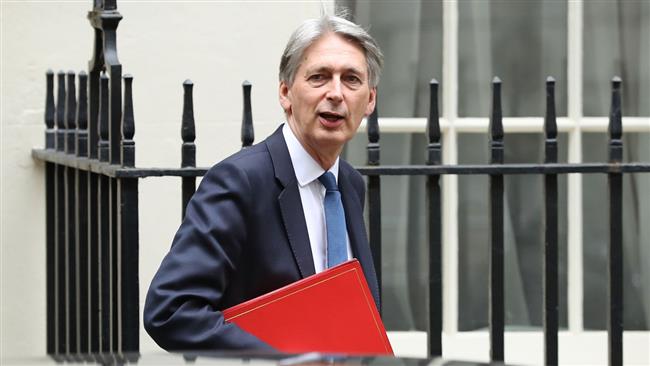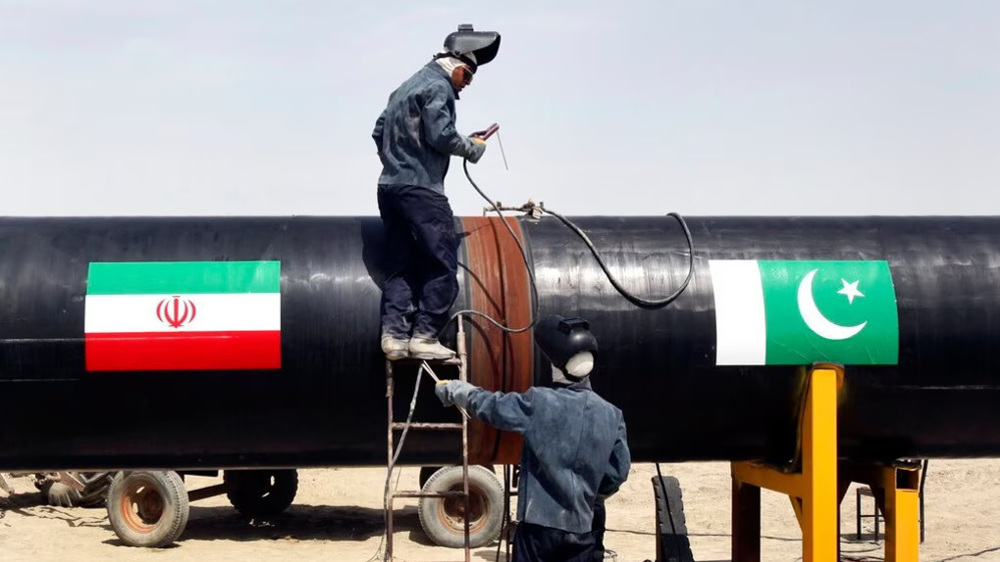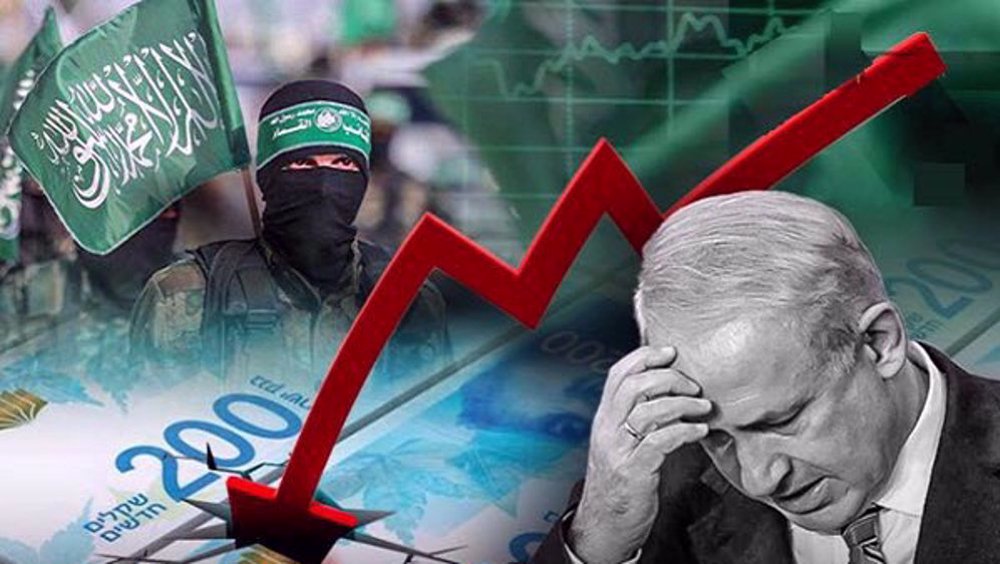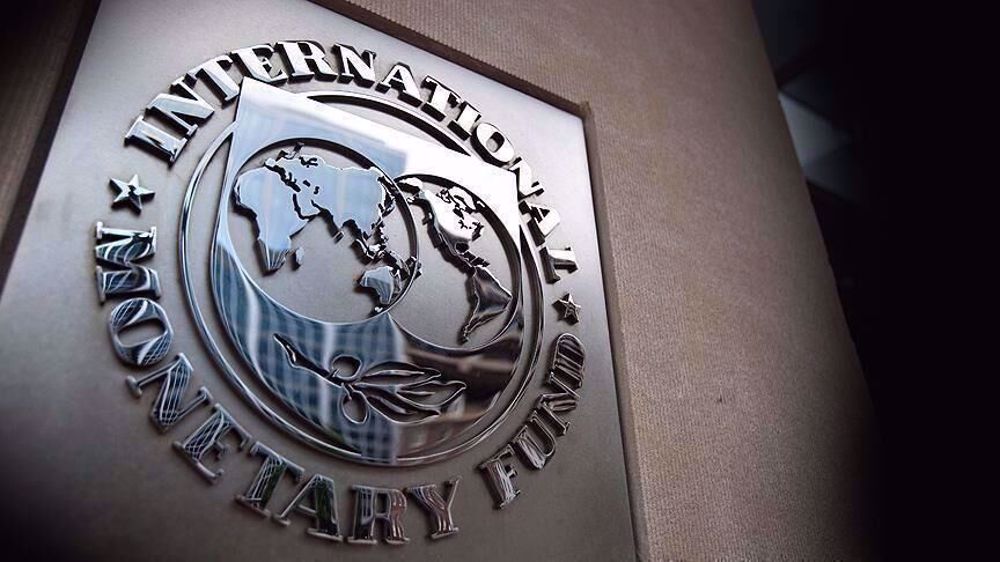UK admits it no longer among world’s top 5 economies
Britain has openly acknowledged that it is no longer among the world’s five largest economies in what is seen as a result of the country’s controversial decision to pull out from the European Union.
During a Wednesday budget meeting, Britain’s Chancellor Philip Hammond let it slip that things were not as well as they had been in the past, particularly as the UK was now behind France in global economic standing, Russia’s Sputnik news agency reported.
The latest numbers, published by the International Monetary Fund, revealed that France would slip ahead of the UK in this year's ranking of global economies with the gap between the two projected to get significantly wider in 2018, according to a report by the website of the Russian television channel Russian Today . The rating is based on GDP forecasts, with the IMF saying France had outpaced Britain for the first time since 2013, added the report.
The countries that now lead the global financial list respectively are the US, China, Japan, Germany and France.
But the UK chancellor remained upbeat in the face of a darkening economic outlook brought about, in part, by the upcoming Brexit.
"London is the number one international financial services center," Sputnik quoted Hammond as saying, adding, "We have some of the world's best companies."
The UK politician also suggested that Britain enjoys a "commanding position in a raft of tech and digital industries that will form the backbone of the global economy of the future."
"Those who underestimate Britain, do so at their peril," he declared.
But, as productivity and growth forecasts in England and its satellite states have been slashed, Hammond admitted that, as of now, "Britain is the world's sixth largest economy."
Britain's downgrade is reportedly triggered by slowing consumer spending, spiking prices and a dramatically weaker national currency, which followed the country’s decision to quit the European Union, added the report by RT.com.
Sterling has declined 12 percent against the dollar since the historic Brexit vote in June 2016. The weaker pound means consumers pay more for imported goods. Inflation currently stands at three percent with wages reportedly not keeping pace with it.
VIDEO | UK govt. Rwanda bill denounced as 'state-sponsored people trafficking'
VIDEO | Iran president visits Lahore, Pakistan’s cultural hub
North Korea: US military drills drive regional security into turmoil
UN agency chief for Palestinians urges probe into staff killings
200 days of Israeli war on Gaza and 200 headlines whitewashing genocide
VIDEO | 200 days of US-Israeli genocide
Iran’s security chief in Russia to underline Israel’s aggression
VIDEO | Smoke rises from Gaza as fighting continues










 This makes it easy to access the Press TV website
This makes it easy to access the Press TV website